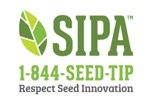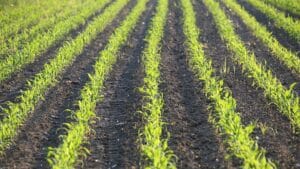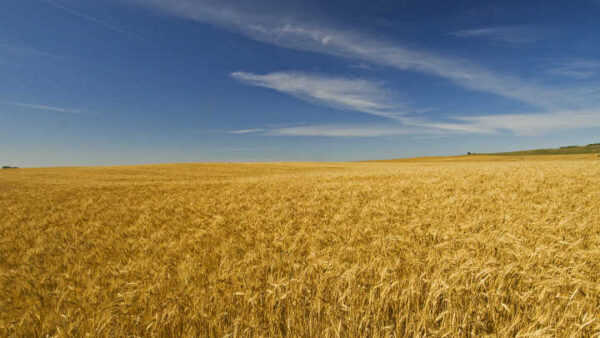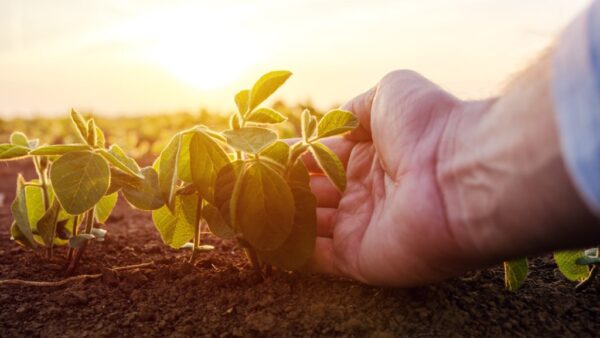
chair of the Seed Innovation Protection Alliance, a 80-member organization focused on providing a unified and consistent voice for education and best management practices on intellectual property protection and its value to society.
Okay, it’s true the Seed Innovation Protection Alliance (SIPA) has made the rounds and has gotten the word out about best management practices and internal education for its members. You have to have your bases covered before you can take the next step, which is education for seed dealers and retailers.
How can a dealer who doesn’t have their own patents or PVPs (plant variety protections) help with potential seed infringement matters? Dealers may sell themselves short if they forget that they have their own intellectual property, such as company logos and brands, customer lists, price sheets and internal know how. Additionally, they have a vested interest in selling new, professionally-handled seed; otherwise it becomes a lost sale. So the question begs: What can a dealer do to encourage growers who are buying new, professionally-handled or certified seed?
Dealer and retail salespersons should know what to look for and what to do in case they come across seed-related matters that seem too good to be true. Inconsistent seed usage that doesn’t reconcile with seed purchases, program practices that are too good to be true, seed products that don’t perform to expected results, or unauthorized use of a protected brand/name are telltale signs to look for when combing the countryside.
What else can I do? Once you have some information about an individual or entity that has stepped over the line and created an unequal playing field for growers, it is imperative that someone be alerted. Now this can take the shape of passing information on to your local seed company sales/technical representative. It could also involve using a company hotline if there happens to be one. There is also a new alternative for all members of the seed industry, the SIPA hotline: 1-844-SEEDTIP (844-733-3847) which is both confidential and anonymous.
SIPA is an 80-member strong organization charged with providing a unified voice on education and best management practices around U.S. seed sector intellectual property.
When providing any potential seed infringement information, it is important to provide as many specific details as possible so that the appropriate parties can look into the matter. Examples include what crop(s), brand(s) and/or variety(ies), locations, parties involved and a brief explanation as to why it is a potential infringement. When specifics are provided, the follow-up is much more efficient and timely.
Innovation, particularly in the U.S. seed sector, is an expensive and time intensive endeavor to the tune of $1 million to $7 million and 7-10 years for a new variety and $136 million and 13 years for a new trait, according to CropLife International. Maintaining a level playing field is critical to ensure companies continue to invest in their research and development efforts. One can only look to see how far we’ve come in the development of crops such as teosinte to corn, eight vegetables from one wild mustard and their origins, impact of trade and caloric intakes of a global village.
Due to the investment by many companies and the loving devotion of breeders, agronomists and all accompanying R&D contributors, do your part and create your own seed “neighborhood watch” … your customers will appreciate and thank you for keeping a level playing field and ensuring a pipeline of seed technologies!
Note: Eloy Corona chairs the Seed Innovation Protection Alliance.











